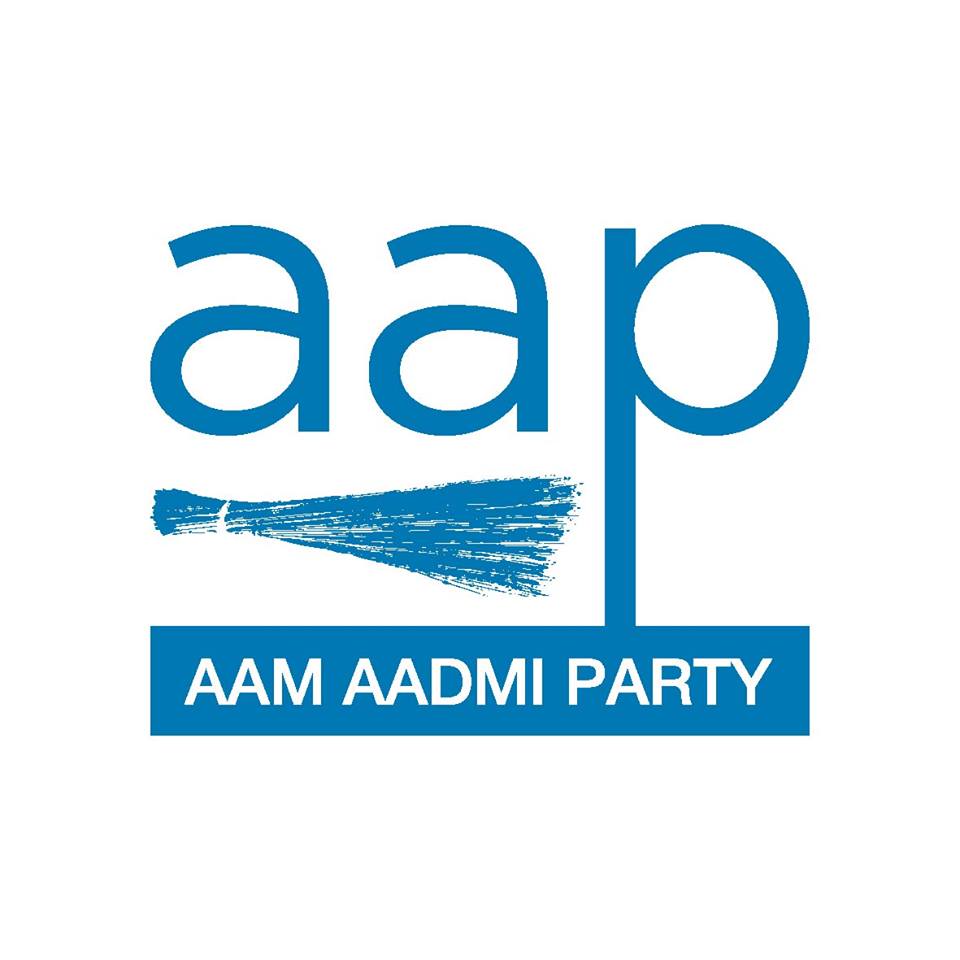

Taking on the biggest challenge
Thermal power plants shut down
Coal-fired thermal power plants are a major source of air pollution.
The AAP Delhi Government has shut down two thermal power plants in the last few years.
- The Rajghat thermal power plant where production was stopped since May 2015 was officially shut down with the plan to convert it to a 5,000 KW solar park.
- Delhi’s biggest power generator in Badarpur was shut down in October 2018. This coal-fired power plant was contributing 11% of the PM2.5 particulate matter in the city’s air at the time.
- AAP has been striving towards more sustainable power like solar plants and biogas plants. Please see Section on Sustainable Power in Power – Infrastructure for more details.


Rajghat Thermal Power Station Capacity:135 MW [Source: ETenergyworld.com] & Badarpur Thermal Power Station Capacity: 705 MW [Source: Economic Times]

Delhi has the most stringent list of prohibited fuels in the country
- Delhi is the first kerosene free city in India with a stringent list of permissible fuels which are:
- CNG | 10 ppm Sulphur | LPG | Biogas |Aviation turbine fuel | Refuse Derived Oil | Charcoal for limited use in tandoors and ironing of clothes | Wood for cremation.
- All other fuels are disallowed.
- Use of PNG/CNG has been made mandatory in Delhi for industrial units.
- In April 2021, Delhi became the first state to provide PNG Gas at subsidized rates to its industrial sector.
- By Dec 2019, 1457 out of 1542 industrial units had conventional fuel to clean fuels and 85 industries have been issued closure notice for not conforming
- Online ‘consent management’ and monitoring portal were launched in Dec 2018 for convenience, transparency and accountability. Now all industries and infrastructure project proponents can file their consent/environmental-clearance applications online and upload the certificate.

New industrial areas in Delhi will only have service-based & hi-tech industrial units
- Delhi Government’s proposed changes to Master Plan for Delhi 2021 were accepted & notified by the Union Government in October 2020.
- Until then, manufacturing activities were majorly allowed in these industrial areas. There were many types of industrial areas, such as iron, steel, plastic, etc. which were major sources of pollution here.
- Now, no manufacturing activities are allowed in the new industrial areas. The old industries have the option to switch to the service sector from the manufacturing sector.

First e-Waste Management Eco Park

<Source: Tweet by DelhiGovDigital>
- India’s first E-waste Management Eco Park spread across 21 acres, will be set up in Delhi (by January 2024), with DDA having approved the change of land use at Narela’s Holambi Kalan village. It will help to process the 2 lakh tonne e-waste that Delhi produces per year and thereby reduce pollution.
- Electrical and electronic items, computers, accessories and mobile phones etc. will be dismantled and recycled in a scientific manner.
- The Eco-Park will have various handlers in the ecosystem such as e-waste refurbishers, dismantlers, recyclers, plastic waste processors and others in the same premises as well as authorised secondary product market for electronic goods, batteries, chargers, laptops, PC and mobiles.
“E-waste generation is going up with the increased use of technology, and our eco-park will reduce pollution across the capital. Recycling, refurbishing and dismantling of waste will be done in a scientific and environmentally safe manner at the eco-park,”- Manish Sisodia, Deputy CM.

When expressing your views in the comments, please use clean and dignified language, even when you are expressing disagreement. Also, we encourage you to Flag any abusive or highly irrelevant comments. Thank you.

